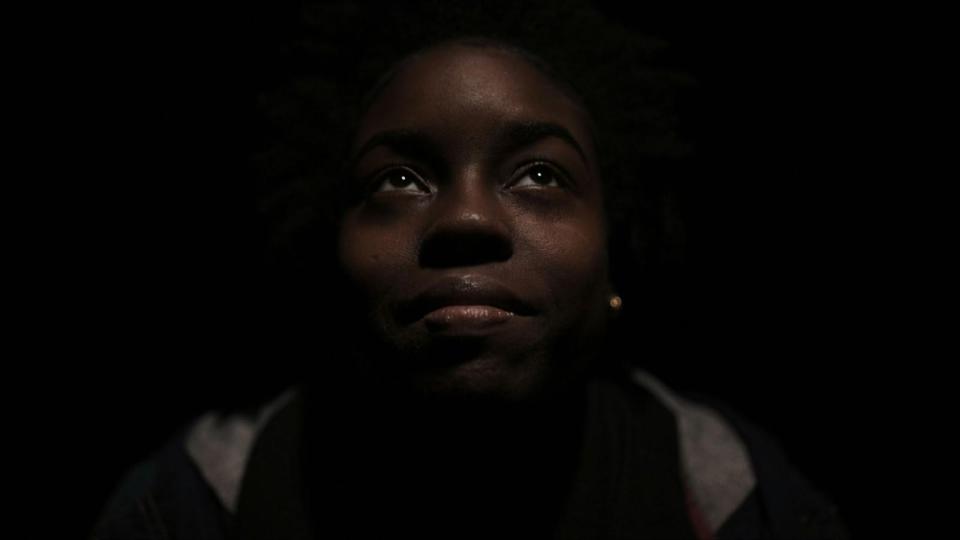PHOENIX: Phoenix has been one of the fastest-growing cities in America, but this rapid expansion comes with serious challenges for vulnerable families. According to recent community reports, Black families are disproportionately affected by the housing crisis, and when teens are already dealing with mental health issues, losing stable housing can trigger severe crises.

What the Numbers Really Mean
The official count from Maricopa County shows over 9,400 people without homes, including approximately 3,000 kids under 18. But these numbers don’t tell the whole story. Many teens are sleeping in cars, moving between friends’ couches, or staying in places they won’t admit to social workers.
Arizona ranks 47th for mental health workforce availability, making it one of the hardest states to access care. Finding a therapist who takes your insurance and has immediate availability is often nearly impossible. Add in the fact that many Black families still see therapy as taboo, and you’ve got teens in crisis with nowhere to turn.
But the numbers only tell part of the story. The reality becomes even more dire when you factor in Phoenix’s most unforgiving characteristic: the heat.
The Phoenix Heat Factor
Summer here isn’t just hot—it’s dangerous. In 2024, Phoenix broke multiple heat records with 100 consecutive days over 100 degrees and 70 days that hit 110 or higher. If you’re living in a car or sleeping outside, that’s not uncomfortable weather. That’s life-threatening.
The county recorded 425 heat deaths in 2022, with more than 40% being people without homes. Imagine a 16-year-old trying to survive July in Phoenix with nowhere to cool down. Their bodies can’t handle it the same way adults can.
Cooling centers exist, but they often require transportation that homeless families don’t have and close at night when teens need them most. Some shelters won’t take unaccompanied minors, leaving vulnerable youth to choose between dangerous heat exposure and lying about their circumstances.
Why Black Families Face Extra Barriers
Data from housing advocacy groups shows that Black families in Phoenix were already facing higher poverty rates before the housing market exploded. When rent prices surged in recent years, these families faced impossible choices.
Black families often try to address teen mental health issues within extended family and church networks first. While this community support is valuable, some situations require clinical intervention that goes beyond family resources. Emergency departments are often the first point of contact for many Black families during a teen mental health crisis, but systemic barriers, including long wait times, limited availability of adolescent-specific services, and challenges tied to housing instability, can make accessing appropriate care particularly difficult.
What Schools Are Seeing
Phoenix Union High School District serves over 28,000 students. According to district counselors, more students are showing signs of housing instability: falling asleep in class, wearing the same clothes repeatedly, or displaying sudden behavioral changes that suggest problems at home.
Research shows that students without stable housing are twice as likely to experience bullying, have higher absenteeism, and show declining academic performance. Educational advocates note that when basic needs like shelter aren’t met, academic success becomes nearly impossible.
Some Phoenix schools have responded by keeping emergency supplies and connecting families with social services. However, educators emphasize that schools aren’t equipped to address the complex mental health crises that often accompany housing instability.
The Mental Health Reality
National research reveals a disturbing statistic: one in three homeless teens has attempted suicide—a rate far higher than the general teen population.
When you can’t sleep because it’s not safe, when you don’t know where your next meal is coming from, when you feel like a burden to everyone around you—depression and anxiety aren’t just possible, they’re almost inevitable.
For teens who are already dealing with racism, family expectations, and normal adolescent stress, losing housing can be the breaking point. And finding mental health care? The shortage of therapists means waiting lists that stretch for months, making immediate help nearly impossible when crisis hits.
While some local programs and crisis lines provide essential short-term support, the need for long-term, culturally sensitive mental health care for homeless Black teens in Phoenix remains far greater than what’s currently available. When these gaps in care leave teens without options, the crisis can escalate beyond what community resources can handle.
When You Need More Intensive Help
Sometimes the crisis is too big for community resources to handle. When a teen is having suicidal thoughts, using drugs to cope, or has been through serious trauma, they might need residential treatment.
These facilities provide 24-hour care with therapists, psychiatrists, and staff trained to work with teens in crisis. The best programs understand that mental health problems don’t exist in a vacuum. They address trauma, family dynamics, and practical concerns like education and housing.
For parents, deciding on residential treatment is frightening. You’re admitting that love and good intentions aren’t enough to keep your child safe. But getting intensive help early can prevent worse outcomes down the road.
Moving Forward
Phoenix keeps growing, and that’s not going to stop. We can either plan for it or keep playing catch-up with teen crises. Cities that invest in prevention and early intervention save money and lives in the long run.
What works? Programs that treat teens as whole people, not just problems to solve. Programs that understand cultural differences and involve families instead of blaming them.
The community organizations here are doing incredible work with limited resources. But we need more therapists, more housing, and more recognition that supporting homeless teens in Phoenix—through both community programs and specialized treatment centers— isn’t just a social services issue; it’s an investment in our city’s future.
When teens get the help they need, they don’t just survive. They thrive. They become the community leaders, teachers, and parents who make Phoenix stronger. That’s worth fighting for.
comments +